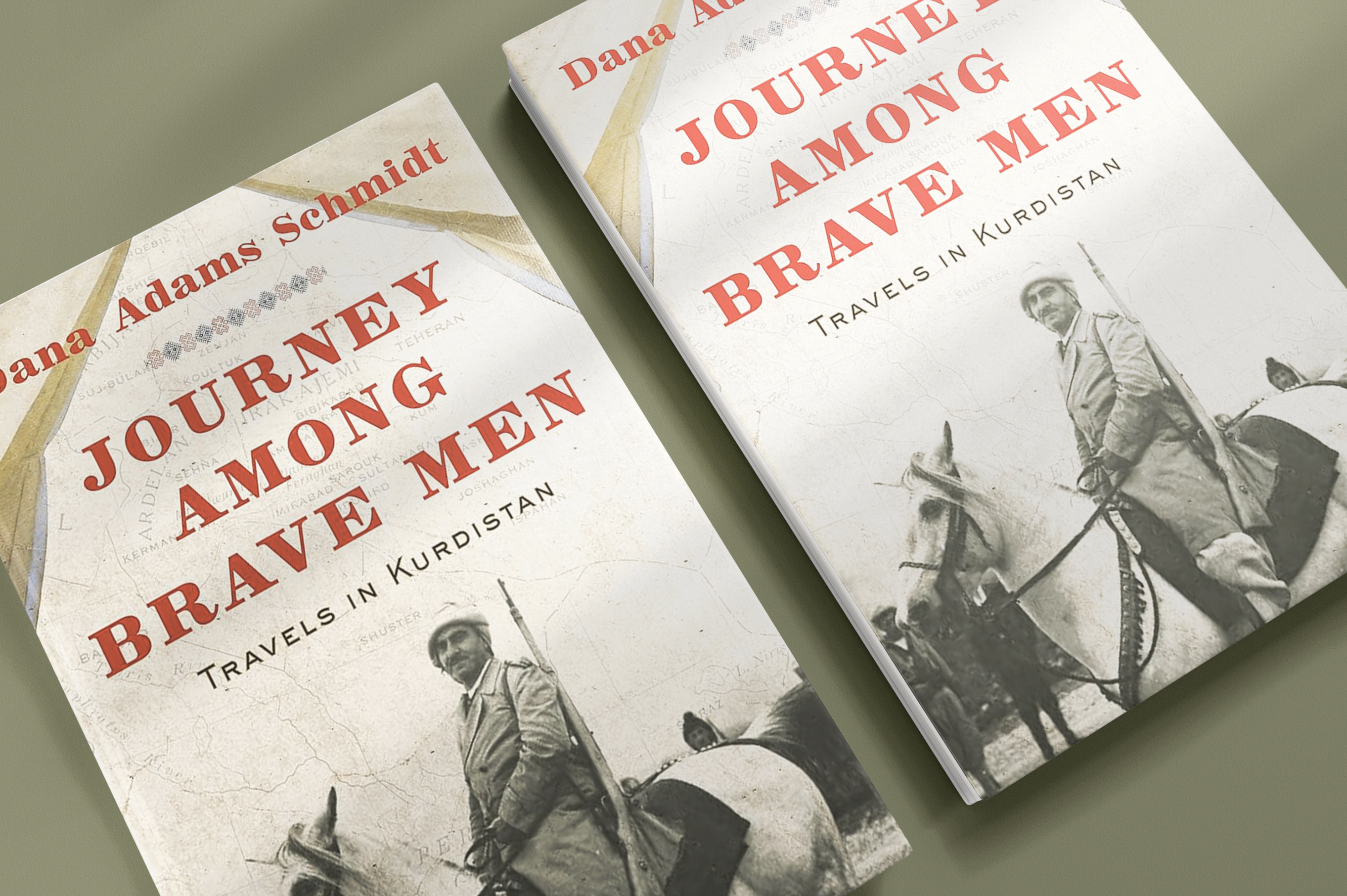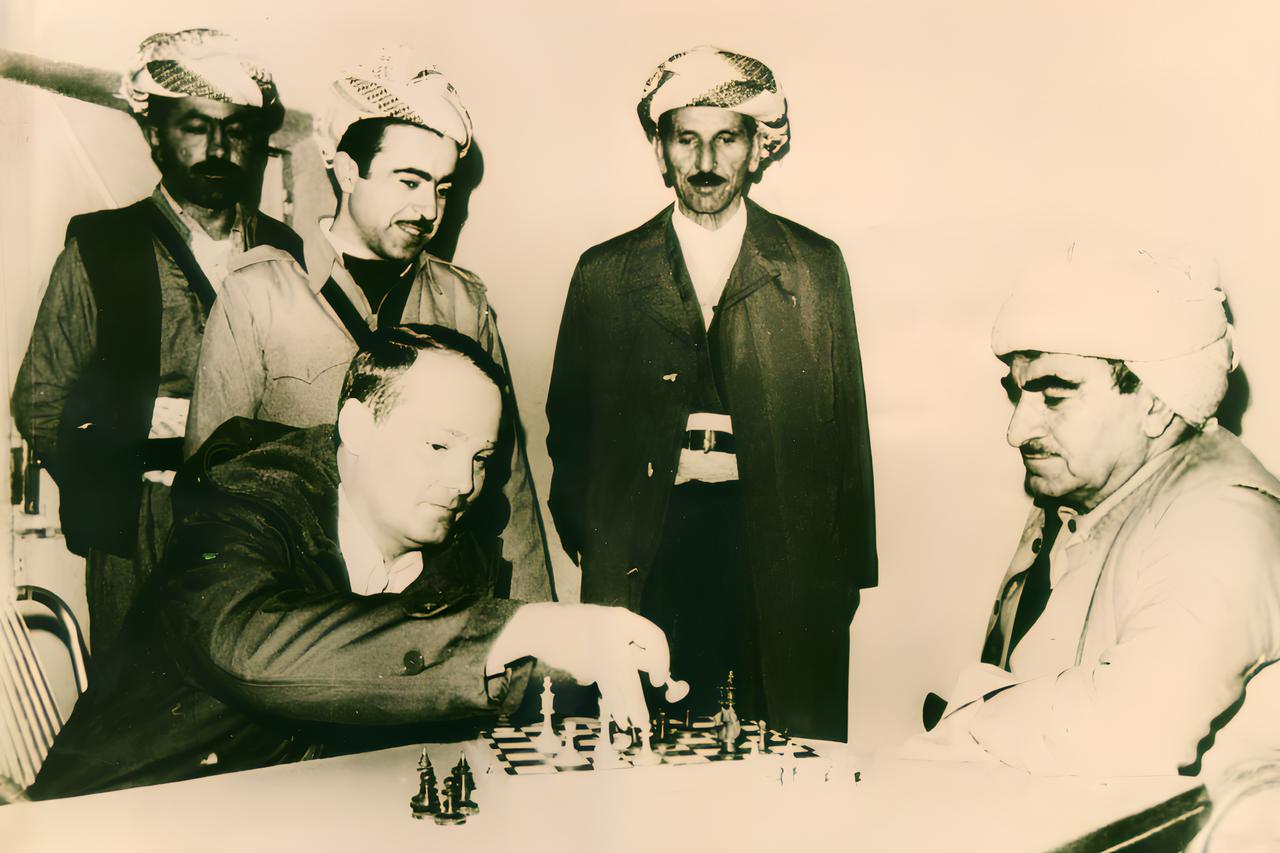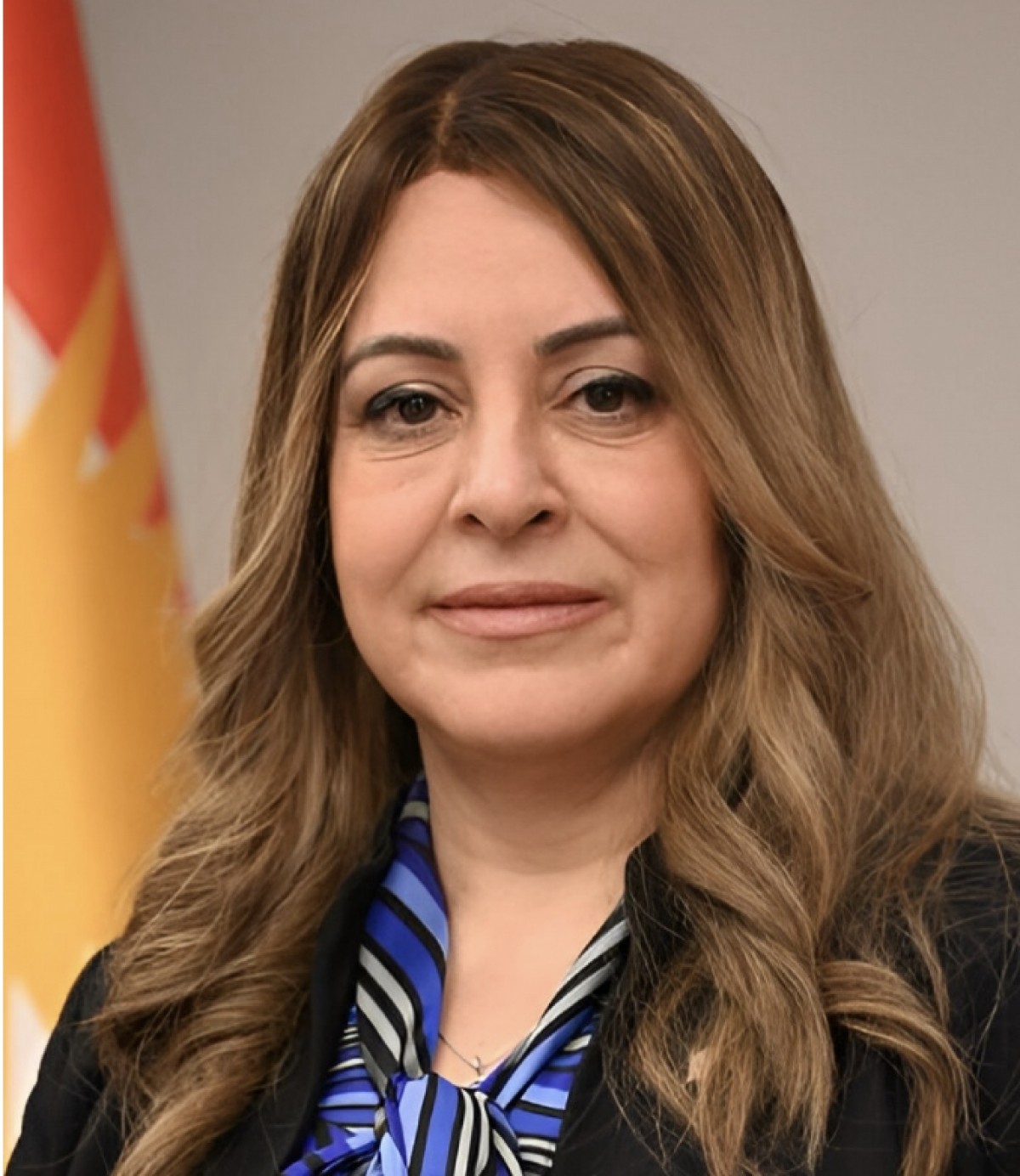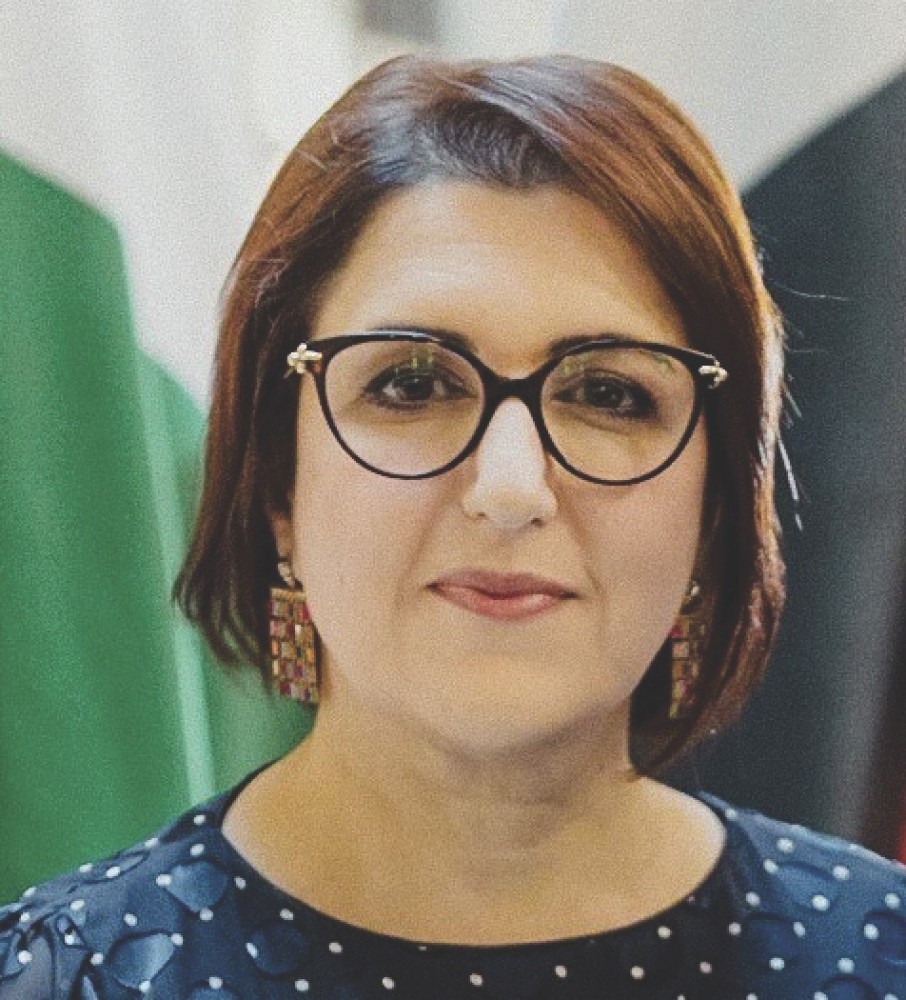In geopolitics, some voices echo across the ages. Dana Adams Schmidt, a distinguished journalist and former correspondent for The New York Times, penned a letter to British Colonel Wallace A. Lyon in 1966 that contained an uncanny relevance to contemporary events. Schmidt’s assertion that Iraq’s prosperity is intertwined with the Kurds rather than in opposition to them rings with a poignant veracity. As we revisit Schmidt’s letter and Lyon’s legacy, it becomes painfully apparent that the lessons they highlighted six decades ago have yet to be heeded.
Historical context
Colonel Lyon, appointed as the British representative in Iraqi Kurdistan in 1918 after World War I, had an unparalleled understanding of the region’s complexities. Amid the withdrawal of Ottoman troops and the establishment of a provisional administration, Lyon recognized the Kurds’ aspirations for self-rule. He passionately championed their cause, asserting that Iraq’s stability hinged on acknowledging the Kurdish issue and granting autonomy to the Kurds.
Schmidt’s significance in the Kurdish struggle cannot be understated. Covering the First Iraqi-Kurdish War, also known as the Aylul revolts, during the 1960s, he cultivated a close relationship with Kurdish leaders, becoming a confidant and chronicler of their brave fight for autonomy. Schmidt’s book on the courage of Kurdish freedom fighters, Journey Among Brave Men, vividly portrays the sacrifices made in their struggles in the mountains of Kurdistan.
Schmidt’s letter to Colonel Lyon in 1966, written while he was stationed in London as a correspondent, resonated deeply with Lyon’s own convictions. The letter’s core tenet emphasized that collaboration with the Kurds rather than adversarial policies against them offered the best path to Iraq’s stability. It was an endorsement of Lyon’s decades-long endeavor to advocate for Kurdish rights and autonomy.

Broken commitments
Over the span of the last 70 years, a disheartening pattern has unfolded in Iraq’s political landscape: central governments in Baghdad have consistently made pledges to address the concerns of the Kurdish population but have, more often than not, failed to translate these assurances into meaningful actions. This recurring cycle of unfulfilled promises has cast a shadow over the relationship between the central government and the Kurdish community.
One of the central factors contributing to this cycle of broken commitments, especially since the invasion of Iraq in 2003, has been the persistent and acrimonious disputes that have characterized Iraq's post-liberation era. These disputes encompass a range of critical issues, each of which plays a role in perpetuating the instability that has marred the nation’s progress.
Power-sharing arrangements have been a major point of contention, as various political factions and ethnic groups have sought a voice in Iraq’s governance structure. The promise of equitable representation has often fallen short of expectations, leading to feelings of marginalization and distrust. This failure to effectively distribute political influence has further fueled the perception among the Kurdish population that their concerns are not being adequately addressed within Iraq’s broader political framework.
Similarly, the allocation of revenue and resources, particularly from Iraq’s significant oil reserves, has been a source of tension between the central government and the Kurdistan Region of Iraq (KRI). The lack of a transparent and mutually beneficial revenue-sharing system has deepened economic disparities and exacerbated grievances, which in turn has hindered overall development and fed the broader narrative of unmet promises.
Disputed territories – areas where ownership is claimed by both the central government and the Kurdish authorities – are another obstacle to stability. These disagreements have sparked localized conflicts and created an environment of uncertainty, preventing the nation from fully moving past its legacy of discord.
Cultural rights also play a pivotal role in this cycle of unfulfilled promises. The Kurdish community, as one of the main components of Iraq, has sought to safeguard its unique cultural identity within Iraq’s diverse landscape. Yet challenges related to language policies, educational curriculum, and the preservation of cultural heritage have often remained unresolved, further deepening the sense of dissatisfaction and estrangement.

A slow erosion of rights and unity
These factors have led to the initial hopes of stability and unity following Iraq’s liberation in 2003 being dashed. The cycle of pledges followed by unfulfilled actions has instead bred a sense of disillusionment and mistrust among the Kurdish population, making it increasingly challenging to forge a cohesive national identity.
In 1991, when the Kurds were granted protection following the establishment of a no-fly zone with UN Resolution 688, they formed a secure enclave where they held their inaugural democratic elections in 1992. This led to the KRI becoming a base for Iraqi opposition parties to establish their presence. Notably, without the KRI playing the role of safe haven, both Shi’a and Sunni opposition factions would not have been able to establish their bases of support against Saddam Hussein's regime.
Following the 2003 invasion of Iraq, the Kurds again played a pivotal role in the overthrow of Saddam. Moreover, they were instrumental in crafting the new Iraqi constitution. Many critical Kurdish rights were successfully incorporated into the constitution, encompassing the KRI’s share of revenue, disputed territories, acknowledgment of the Kurdish genocide, and various other entitlements.
However, since 2005 the Kurds have witnessed the erosion of their rights within Iraq, as constitutionally defined safeguards for the KRI have been largely disregarded. This disregard has manifested in attempts by Iraq to undermine the KRI’s stability and weaken its economy. Even though the KRI is the only prosperous area within Iraq, Baghdad seems intent on destabilizing its economic foundations.
The failure to address Kurdish concerns within Iraq not only poses challenges for the federal government of Iraq but also impacts the entirety of the Iraqi population. The strained relationship between the KRI and Iraq’s central government could potentially result in further devastation, thereby echoing historical patterns of conflict and destruction.

A new path forward
The latest accord inked in early April 2023 between the Kurdistan Regional Government and the Iraqi Federal Government marks a significant turning point, representing an earnest endeavor to bridge divergences and bring about the conclusion of longstanding hostilities. It reveals, in other words, a path toward mutual understanding and has the potential to reshape the dynamics of their relationship, promising a departure from the historical animosities that have plagued their interactions.
By addressing key issues such as power-sharing, resource allocation, and cultural rights, the accord also acknowledges the importance of inclusive governance and equitable distribution. In doing so, it seeks to establish a foundation for cooperation and coexistence that has, until now, been largely elusive.
Nevertheless, it is prudent to approach it with a measure of skepticism. Iraq’s history is punctuated by instances where commitments have been made with great optimism, only to be later reneged upon or inadequately implemented. This history of unfulfilled promises casts a shadow of doubt over the current agreement’s potential for enduring success. The Kurdish population and international observers alike are naturally wary, given that past experiences have left a trail of disillusionment and broken trust.
Reckoning with history
As we reflect on Schmidt’s timeless insights and Colonel Lyon’s unyielding advocacy, we must confront a painful reality. The cycle of neglecting the Kurds’ legitimate aspirations has perpetuated conflict and instability, casting a shadow over Iraq’s potential prosperity. Schmidt’s words serve as a reminder that unity, diversity, and cooperation are the cornerstones of a thriving nation.
Iraq’s destiny lies not in alienating its Kurdish population, but in embracing their contributions and aspirations. Schmidt’s letter and Lyon’s legacy compel us to ask whether Iraq will finally learn from history or remain ensnared in the perils of repeating it. Only through genuine collaboration, understanding, and shared aspirations can Iraq truly flourish as a diverse and unified nation.
Dr. Nahro Zagros is the Editor-in-Chief of Kurdistan Chronicle and a Senior Fellow at Gold Institute for International Strategy in Washington, D.C.

